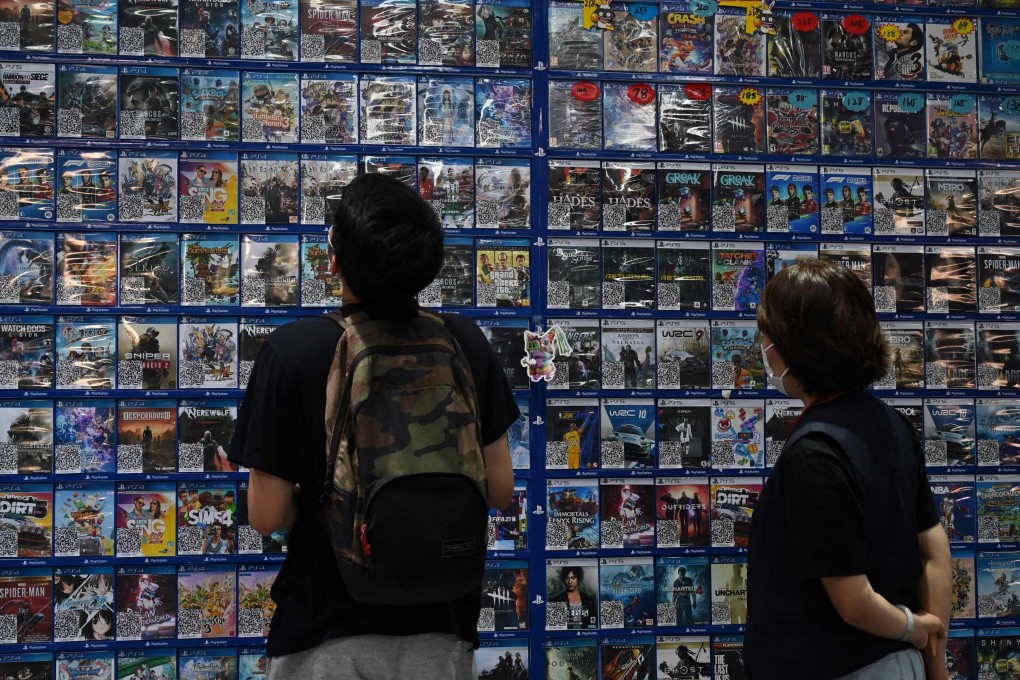Advertisement
China’s regulators exclude Tencent, NetEase as they approve 60 online game titles in June
- Among the titles approved were miHoYo’s Keqier Frontier, Perfect World Games’ Black Cat Anecdote Society and Dynasty Legends 2 by Hero Entertainment
- Games by Tencent Holdings and NetEase were excluded from the latest approvals, continuing the 11-month drought for two of the global industry’s biggest publishers
Reading Time:2 minutes
Why you can trust SCMP
1

China’s regulator granted publishing licenses to 60 online games on Tuesday, in the biggest mass approval of titles for computers and smartphones since July 2021 in the country’s US$49 billion market for online entertainment.
Among the titles approved by the National Press and Publication Administration (NPPA) were miHoYo’s Keqier Frontier, Perfect World Games’ Black Cat Anecdote Society and Dynasty Legends 2 developed by Hero Entertainment, backed by Sequoia Capital and Huaxing Fund.
The approvals were the second batch of licences handed out since the 45 titles given the green light in April, in a sign that regulators are returning to a normal of approving new games on a regular basis.
Advertisement
Games developed by Tencent Holdings and NetEase were excluded from the latest approvals, continuing the 11-month drought for two of the worldwide industry’s biggest publishers. Tencent’s shares have slumped 34 per cent since last July in Hong Kong while NetEase fell 7.5 per cent in the same period.

China’s regulators have slashed the approvals of licensed gaming titles, after peaking in 2017 when more than 9,000 titles were cleared to publish. A groundswell of parental concerns about games addiction, often amplified by the state-owned media and China’s legislators, led to a clampdown of titles.
Advertisement
Advertisement
Select Voice
Select Speed
1.00x